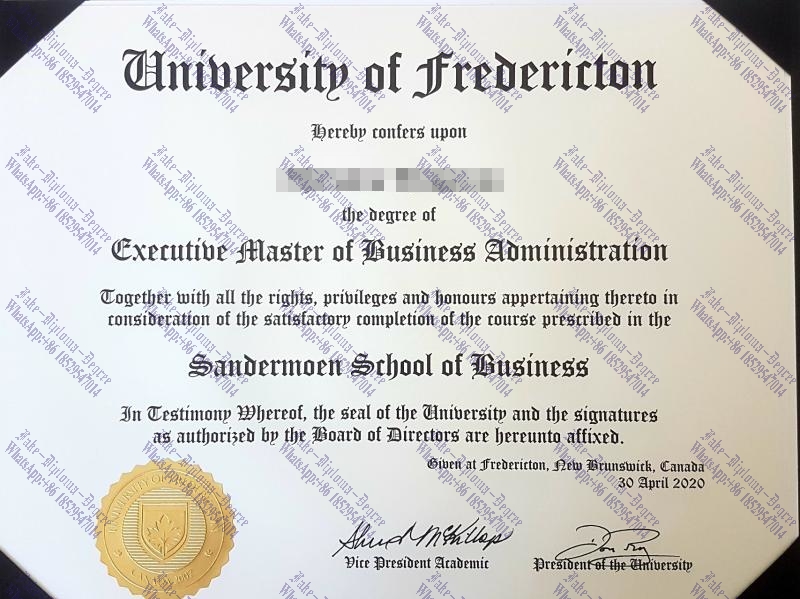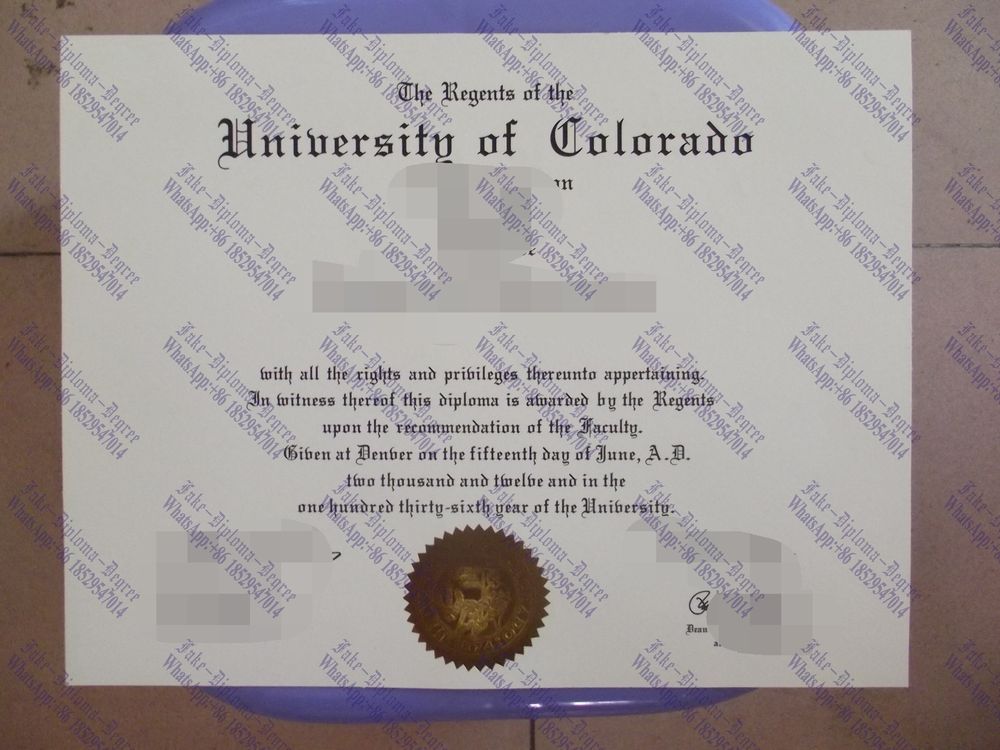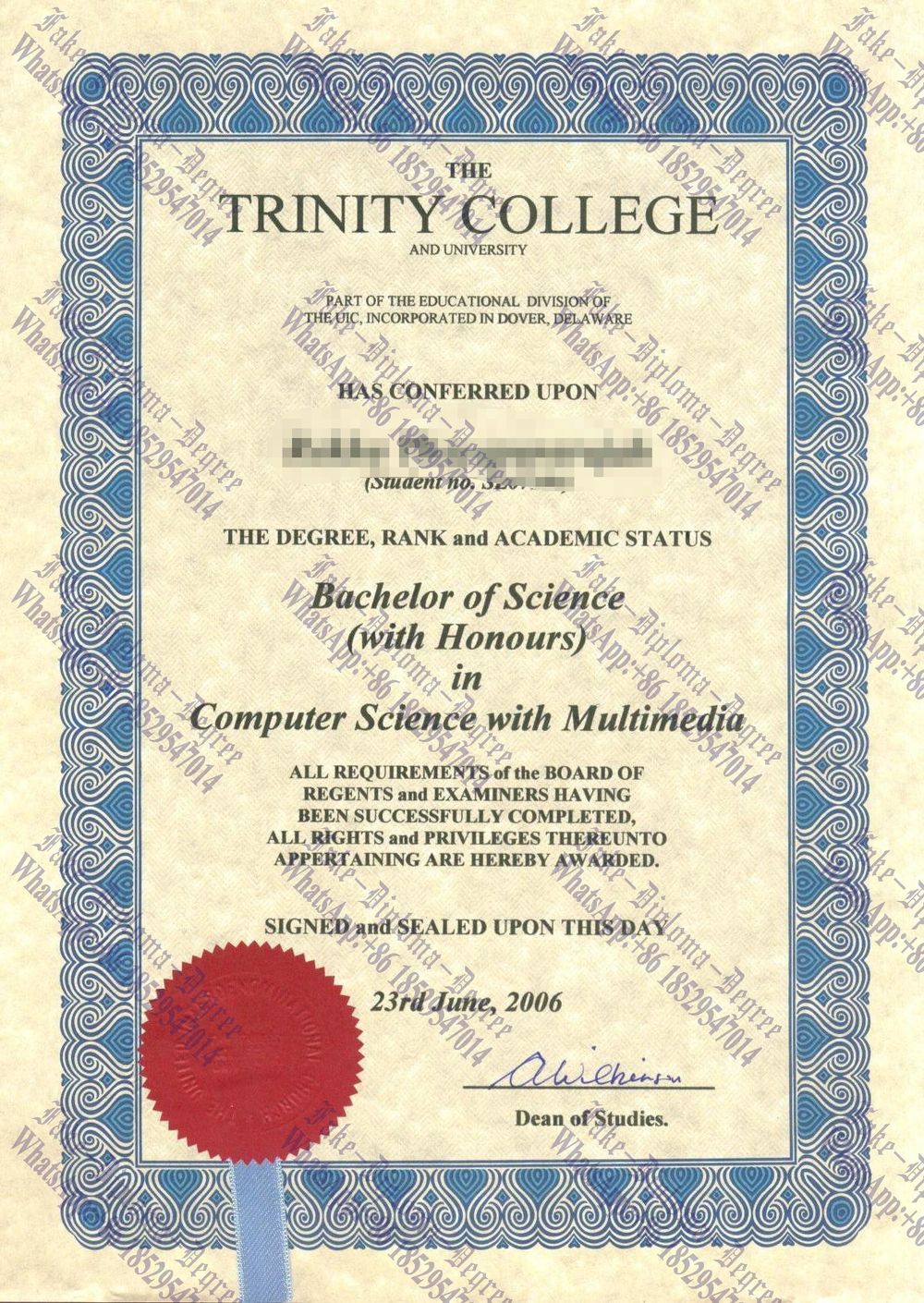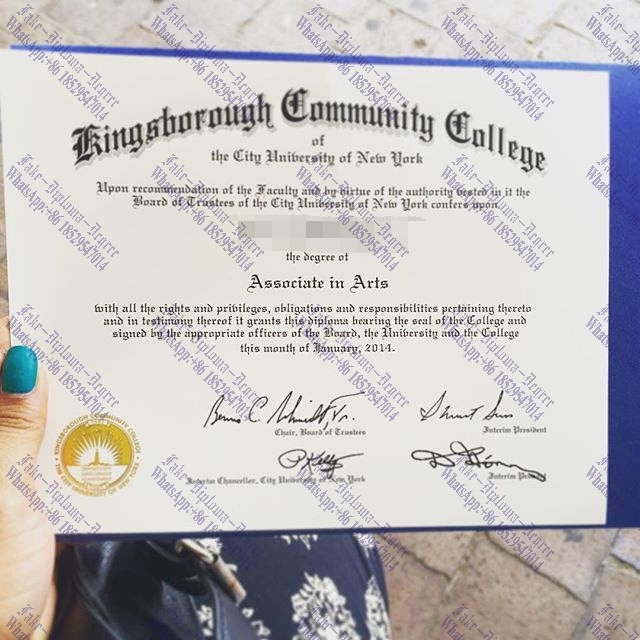Fake Kingsborough Community College Degree: A Shortcut or a Scam?
Are you considering obtaining a fake Kingsborough Community College degree? Maybe you're looking for a quick way to boost your resume or impress others with a prestigious qualification. While it may seem tempting, it's crucial to understand the potential risks and consequences involved. In this article, we'll explore the phenomenon of fake degrees and shed light on the important factors you should consider.
The Allure of a Fake Kingsborough Community College Degree
It's understandable why some individuals might consider purchasing a fake Kingsborough Community College degree. A degree from a reputable institution can open doors to better job opportunities and higher salaries. However, it's important to remember that obtaining a degree should also be about gaining knowledge and skill sets that contribute to personal and professional growth.
While a fake degree may provide a piece of paper that resembles an authentic qualification, it cannot replicate the education and experiences gained through legitimate academic channels. Employers today are becoming increasingly adept at spotting counterfeit credentials, so the risks associated with possessing a fake degree can far outweigh any potential benefits.
The Dangers Lurking Behind Fake Degrees
Obtaining and using a fake Kingsborough Community College degree can have severe consequences. If an employer or educational institution discovers that you've presented a counterfeit degree, it can lead to immediate dismissal, legal action, and irreparable damage to your reputation. The repercussions can extend far beyond your professional life, affecting personal relationships and future career prospects.
1. Lack of Knowledge and Skills
One of the most significant drawbacks of obtaining a fake degree is the absence of actual knowledge and skills. Education is not just about the name of the institution on your certificate but about the valuable insights and expertise you acquire along the way. Employers are increasingly seeking candidates who possess practical skills and a genuine understanding of their field.
2. Ethical Concerns
Using a fake degree also raises ethical concerns. It involves deception and misrepresentation of one's qualifications and experiences. Employers place trust in their employees, and utilizing fraudulent credentials betrays that trust. In the long term, such dishonesty can damage professional relationships and hinder career advancement.
3. Legal Implications
Engaging in the purchase and use of fake degrees can have legal ramifications. Depending on the jurisdiction, presenting counterfeit qualifications is a crime punishable by law. It's vital to consider the potential legal consequences before deciding to pursue a fake degree.
Avoiding the Trap: The Importance of Genuine Achievements
Instead of resorting to misleading tactics, focus on building a strong foundation of genuine achievements. Here are some alternatives to consider:
1. Lifelong Learning
Invest in your personal and professional development by pursuing continuous education. There are countless online courses, workshops, and certifications available that can enhance your skills and knowledge in a legitimate way. This demonstrates your commitment to growth and makes for a stronger resume.
2. Networking and Mentorship
Build a strong professional network and seek mentorship opportunities. Connecting with experienced individuals in your field can provide invaluable guidance, enhance your career prospects, and open doors to new opportunities.
3. Emphasize Real Experiences
Highlight your real-world experiences and practical skills on your resume. Employers value candidates who can demonstrate hands-on expertise and a track record of success. Showcase projects or initiatives you have undertaken, and quantify your achievements wherever possible.
Frequently Asked Questions
1. Can I use a fake degree for personal purposes without legal issues?
While the legality of possessing a fake degree for personal purposes may vary by jurisdiction, it's essential to consider the ethical implications. Misrepresenting your qualifications, even privately, can still damage trust and relationships.
2. How can employers spot a fake degree?
Employers have various means of verifying the authenticity of degrees, including conducting background checks, scrutinizing transcripts, and contacting educational institutions directly. With advancements in technology, detecting fraudulent credentials has become increasingly easier.
3. Can I get a job with a fake degree?
Possibly, but it's essential to note that the consequences of getting caught with a fake degree can be severe. Employment based on fraudulent qualifications is often short-lived and can have long-lasting negative effects on your career.
Remember, the journey to success is built on a solid foundation of genuine accomplishments and continuous growth. Rather than resorting to fake degrees, invest in your education, skills, and experiences to achieve sustainable and fulfilling career advancement.











